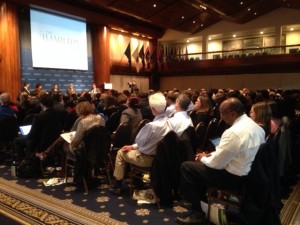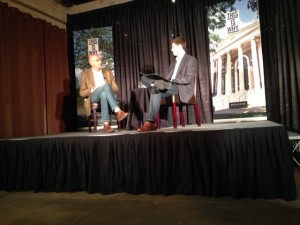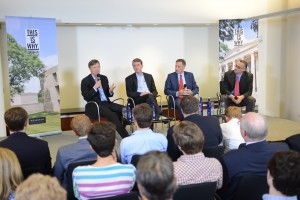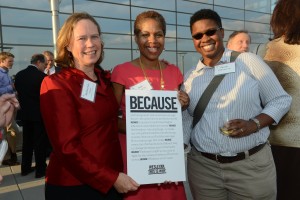One of the points that emerged from last year’s campus-wide discussions concerning diversity was that all constituencies of the university should think hard about what it means to create an inclusive, equitable educational institution. For its part, the Board of Trustees decided to devote its fall Retreat to this topic. We just finished our meetings yesterday, and they served to raise crucial issues and affirm core values.
The Retreat weekend began with a lecture by Al Young ’88, a distinguished professor and chair of the department of sociology at the University of Michigan. Al has done much research on issues of race and inclusion, research he began in a Wesleyan context by studying the Vanguard Class of African American men who attended Wesleyan in the late 1960s. He spoke at the Retreat about the challenges faced by the students then, and he compared them to the challenges faced by students from under-represented groups today. What will be our institutional response to these challenges, he asked? Chair of the Board Joshua Boger and Vice-Chairs Irma González and Ellen Jewett played leading roles in keeping us focused and productive, and they were well supported by staff, Wesleyan Student Assembly and faculty representatives.
Over the next 48 hours, Retreat participants addressed issues of diversity, equity and inclusion with respect to various aspects of the university experience. How does one weigh the imperatives of free speech against the offense caused to others by those words? How do we reflect the changing interests of students while retaining core areas of study? How do we select a student body in a highly competitive admissions process that makes the most educational sense for all? How do we recruit and retain faculty and staff who exemplify talent, diversity, curiosity, empathy and achievement? How do we build a culture at Wesleyan in which all can thrive? …We didn’t expect to arrive at a consensus on answers, but we did commit to remaining mindful of the importance of these questions for our community.
As I reflect back on the meeting, three streams of concern are paramount: Admissions, Campus Learning, Alumni Engagement. I share in the most general terms my own thoughts about our goals in these areas.
1. Admissions. We should recruit extraordinarily talented students with a commitment to find people with the kind of deep potential that will enable them to learn in a residential community dedicated to “boldness, rigor and practical idealism.”
2. Campus Learning. We should ensure that all at our university have the maximum opportunities to realize their potential and to make use of untapped resources they hadn’t previously recognized. This exploration takes place in a context that amplifies personal benefits by creating possibilities for their social resonance and relevance. People discover what they love to do; they get better at it; they share it with others.
3. Beyond Campus. We should engage alumni so they are a resource to help support goals 1 and 2, and we should make the university a resource for lifelong learning. This commitment to lifelong learning is reflected in the support of research and creative practice that makes a contribution to “the good of the world.”
Diversity and Inclusion, as I wrote in a series of blogs in August, touch on almost all aspects of the university. By addressing these issues at its Retreat, the Board of Trustees re-affirmed the institutional commitment described in the Mission Statement: “to build a diverse, energetic community of students, faculty, and staff who think critically and creatively and who value independence of mind and generosity of spirit.”



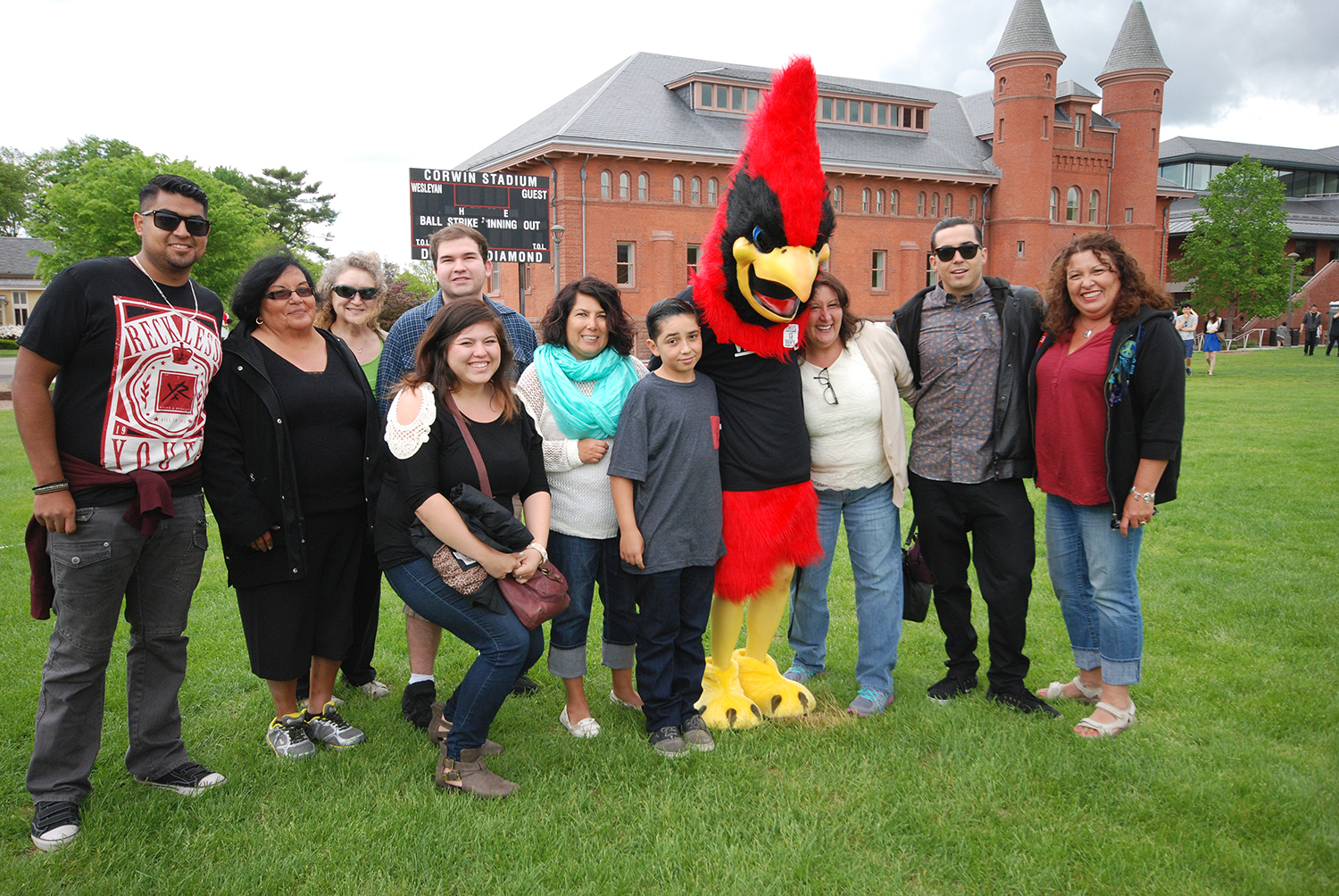
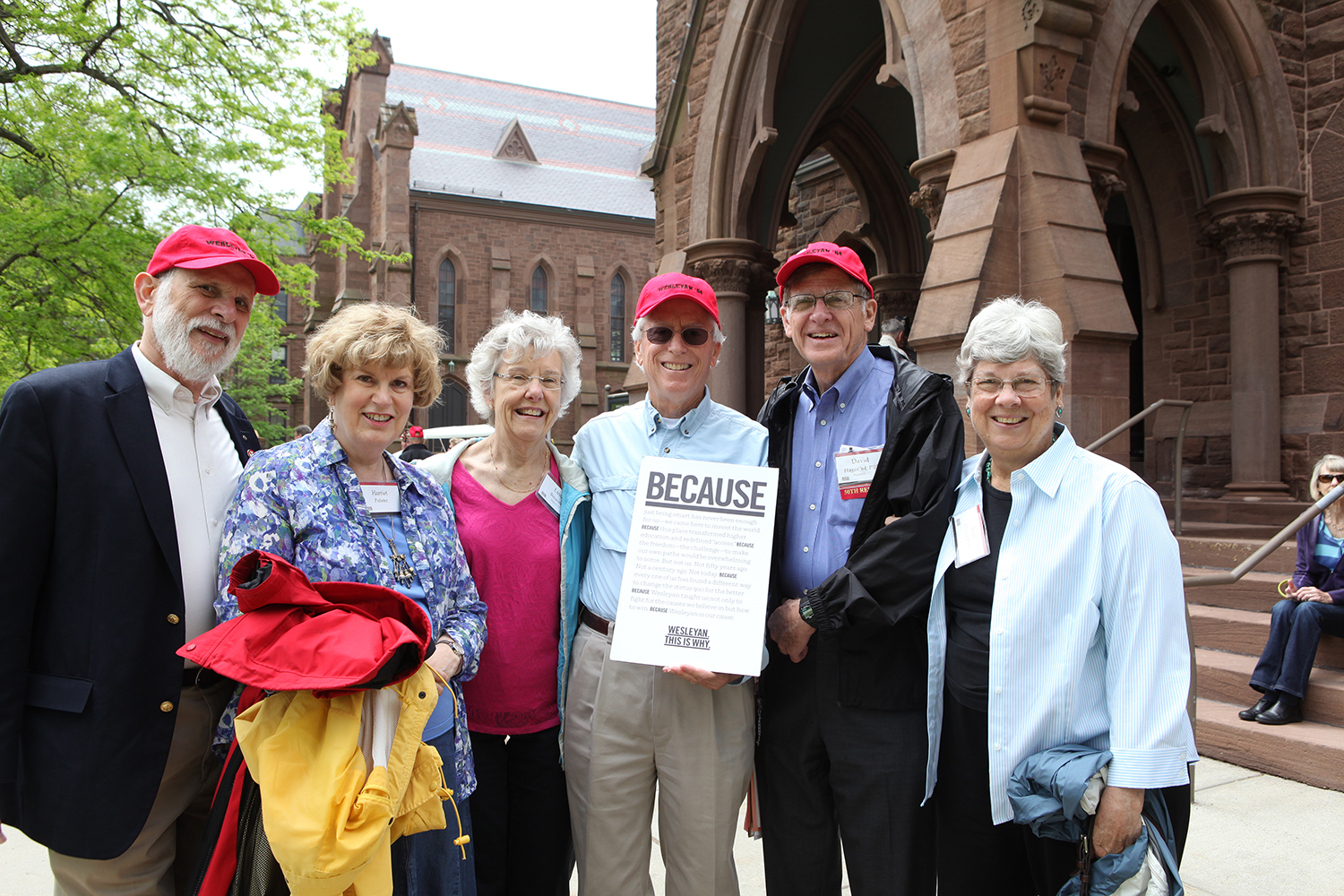
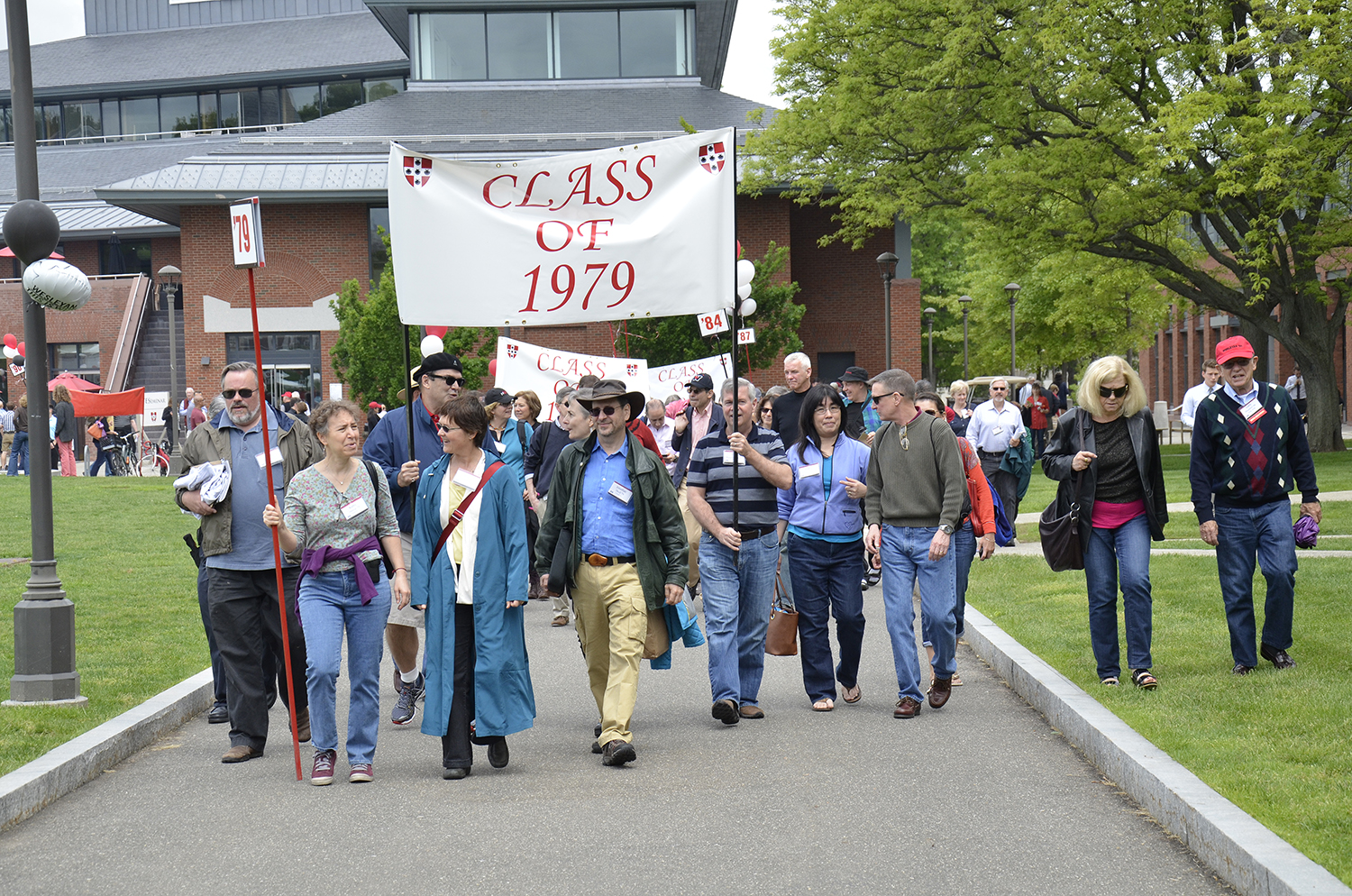
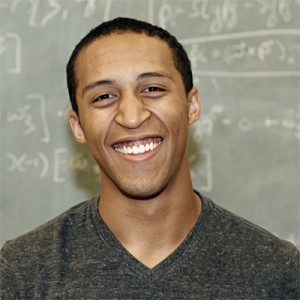
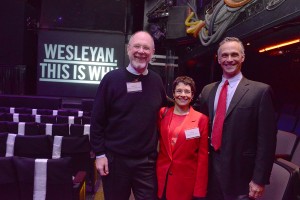
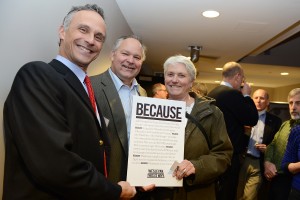
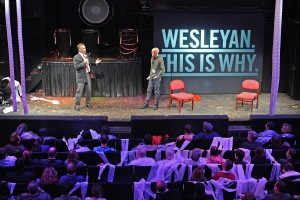
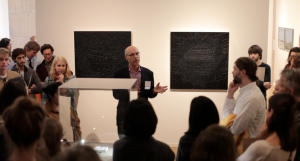
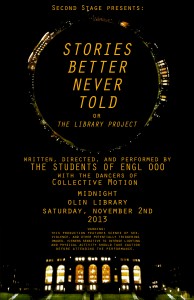
![photo[12]](https://roth.blogs.wesleyan.edu/files/2013/11/photo12-e1383592954251-300x225.jpg)
![photo[13]](https://roth.blogs.wesleyan.edu/files/2013/11/photo13-300x225.jpg)
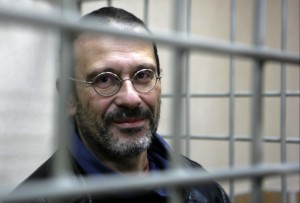
![photo[6]](https://roth.blogs.wesleyan.edu/files/2013/10/photo61-e1382393859192-300x225.jpg)
